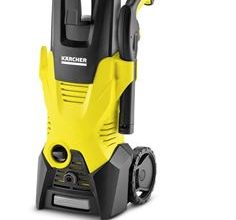Prune Begonia: [Importance, Time, Tools, Considerations and Steps]
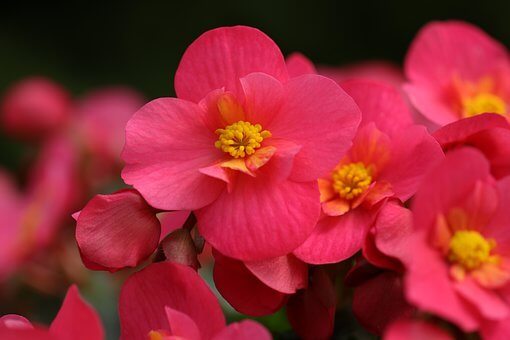
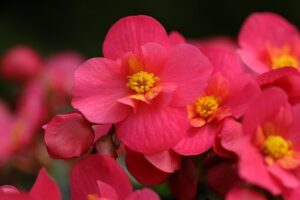 Begonias are part of a family of flowering ornamental plants that are ideal for planting in the garden.
Begonias are part of a family of flowering ornamental plants that are ideal for planting in the garden.
The beauty of its flowers is such that they have also achieved a place in the world market, being highly commercialized.
They have variety around size and shape, finding truly impressive versions. To promote its characteristics, one of the main care that is proposed is the use of proper pruning and here we will see how to execute them.
Why prune begonias?
The reasons that lead to pruning begonias are varied since it all depends on the time of life that the plant has and the specific characteristics. In this sense, among the most characteristic reasons that promote this action are:
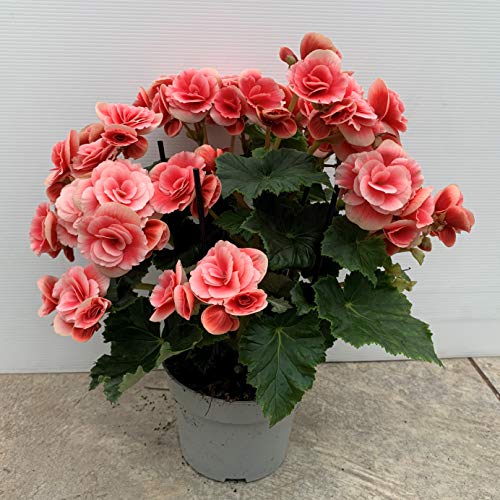
- Clean the plant of the parts that are affected, either because they have withered or are diseased.
- Ensure a more equitable distribution of energy by promoting its concentration especially in areas with the greatest potential for productivity.
- Allow the most relevant factors for flowering, such as ventilation and light , to be distributed evenly throughout the plant .
- Facilitate the plant to develop stronger branches and with better conditions for more flowering.
When is it better to carry out pruning of begonias?
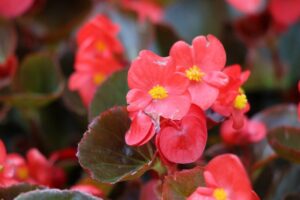 The pruning of the begonias is possible to carry out during the beginning of spring as it will facilitate its development during the course of the season.
The pruning of the begonias is possible to carry out during the beginning of spring as it will facilitate its development during the course of the season.
It is important to note that there should be no frost risks that affect the health of the plant . The good thing about this time is that the plant will start its vegetative process with energy, so the wounds will heal quite quickly.
Now, when there are damaged parts of the plant that develop during the flowering process, they must be removed regardless of the season. The same happens in the case of pacifiers since they only absorb energy, reducing the potential of the rest of the structure.
What tools should we use when pruning begonias?
As it is a plant with a small structure and its stems are not very thick, gardening shears will be more than enough. Of course, these must be well disinfected so as not to cause damage to the wounds of the plant.
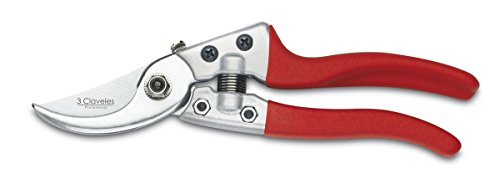
It is also important that they are sharp so that the cuts are clean and there is no need to pull. For extra protection, it is worth using some gardening gloves .
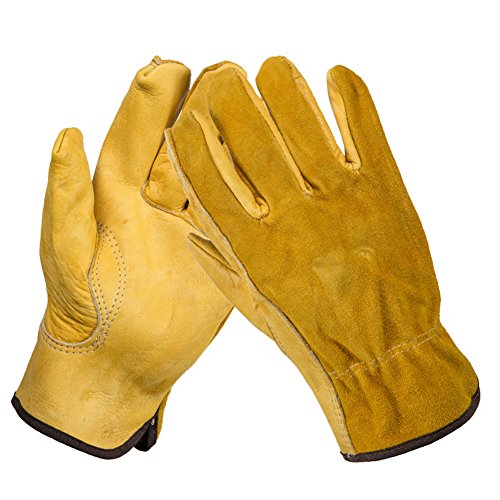
What considerations should we keep in mind when pruning begonias?
Before starting the pruning work you have to define the type that you are going to carry out since these can be cleaning, for production or to rejuvenate. It is also important to carefully observe the structure of the plant to get an idea of the points that you will touch first.
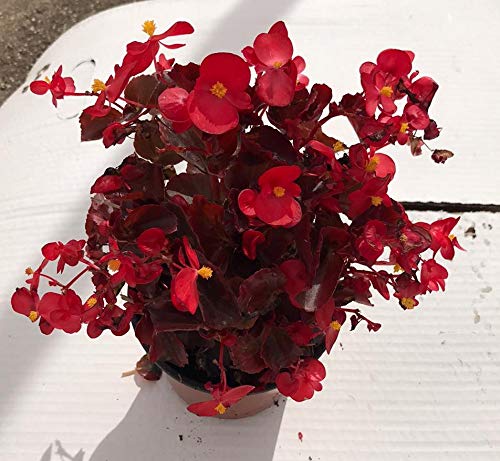
How to prune begonias without damaging the plant?
The pruning of the begonias will be carried out according to the proposed objective.
Cleaning pruning
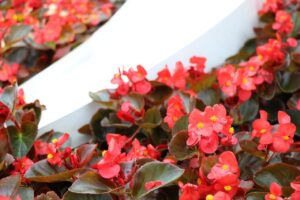 It is the one that is carried out in order to remove all the damaged parts of the plant’s structure, be they stems, leaves or flowers .
It is the one that is carried out in order to remove all the damaged parts of the plant’s structure, be they stems, leaves or flowers .
It is a pruning that can be applied at any time of the year because most likely it is not necessary to remove so many parts of the plant.
It is also a good plan to eliminate the suckers that form between the stem and the nodes to ensure that they do not consume energy.
Make sure you cut them very close to the stem, with a clean, diagonal cut .
Flowering pruning
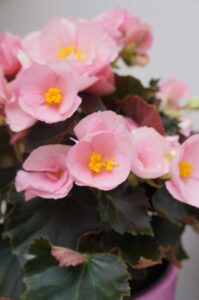 In this case, the main objective is to ensure that the plant offers a greater number of flowers and that they are of better quality.
In this case, the main objective is to ensure that the plant offers a greater number of flowers and that they are of better quality.
It is the main pruning of the year, the most intense and that leaves the greatest number of wounds, so it is essential to do it when there is no risk of frost.
The first thing is to eliminate all those buds that have already given their flowering in other times, since they have already fulfilled their mission and will not do it anymore.
It is essential to have studied the plant in advance so as not to confuse them with those that are young and that can flourish. This pruning will also aerate the plant and allow light to penetrate to the lower parts, so the knots will develop better.
Rejuvenation pruning
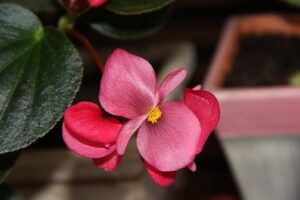 It is the pruning that has the objective of improving the conditions of a plant that has apparently already completed its productive cycle.
It is the pruning that has the objective of improving the conditions of a plant that has apparently already completed its productive cycle.
It is the strongest that exists because, in the best of cases, we will have to eliminate up to 50% of the plant.
Therefore, it is key to verify that the plant is healthy and strong to ensure that it resists this intervention. So the idea is to cut half of the branches that exist flush with the main stem. Then, those that have remained, take away at least 30%.
This action will motivate the development of new branches that are capable of improving production. Although begonias are very good producers of flowers, it will never hurt to give them support in this regard with proper pruning.


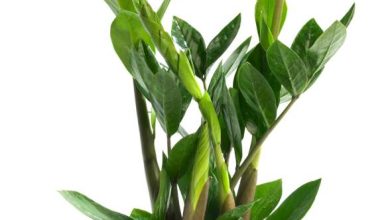

![Photo of Pests and Diseases of Geraniums: [Detection, Causes and Solutions]](https://www.complete-gardening.com/wp-content/uploads/2022/08/pests-and-diseases-of-geraniums-detection-causes-and-solutions-390x220.jpg)
